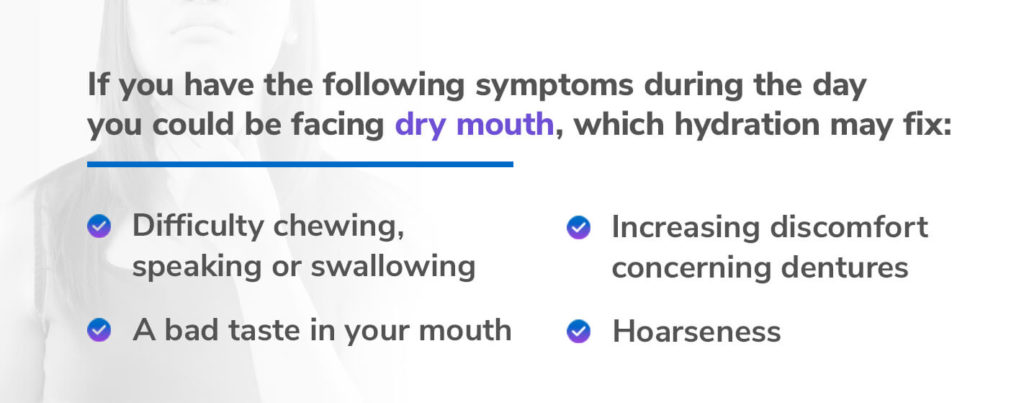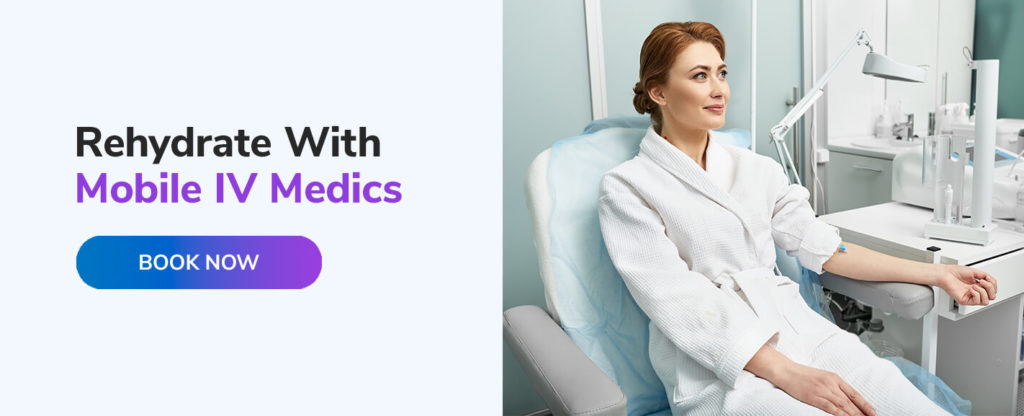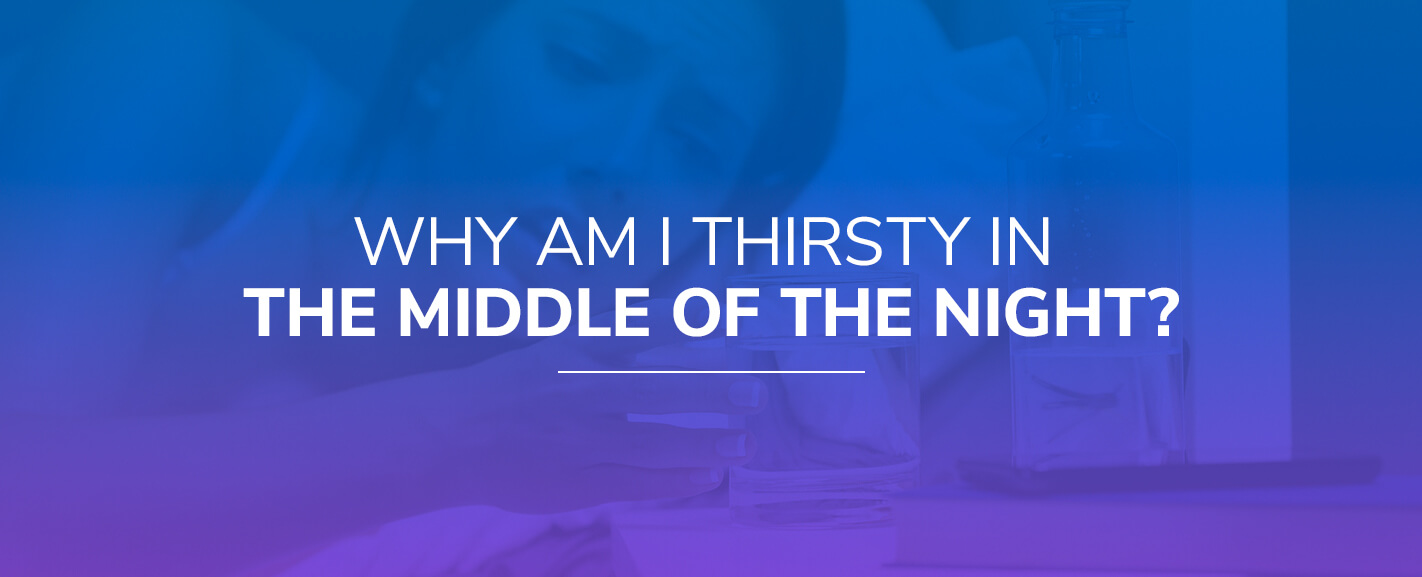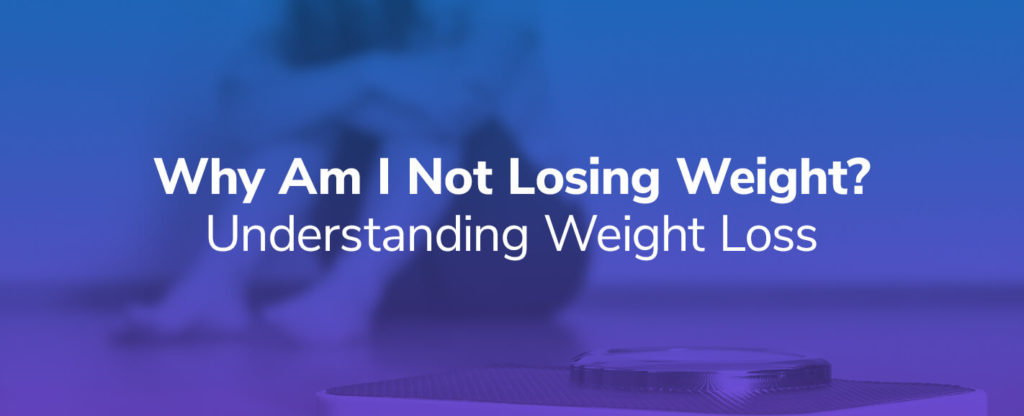Are you waking up several times a night to get a glass of water and suffering from extreme thirst? Is your mouth so dry when you wake up in the middle of the night that you can’t easily go back to sleep? These are both signs of dehydration, which can ultimately be an uncomfortable medical situation to deal with.
Staying hydrated is important. Our bodies are made up of 60% water, and water allows for our many bodily functions to continue as they should. For example, water helps our bodies grow cells, remove waste and digest food.
How does water relate to sleep? Some think drinking too little or too much water before bed can negatively affect sleep. Let’s look at what dehydration at night looks like, what it might mean, and how IV mobile therapy can help you hydrate.
Why Am I So Thirsty at Night?
There are several reasons why you might experience excessive thirst at night, such as:
- Dehydration: Sometimes, waking up thirsty is caused by not drinking enough water during the day. This dehydration becomes exacerbated when you spend hours asleep without consuming any water.
- Medication: Plenty of medications, like antidepressants, blood pressure medication, decongestants, and antihistamines, mention having a dry mouth in their list of side effects. Chemotherapy and radiation can also make you thirstier. If your medications are causing you significant discomfort, talk to your doctor about changing your prescription or finding remedies.
- Food and drink: Certain foods, particularly dry, salty, and spicy foods, can trigger your thirst. When you eat them before sleeping, you may find yourself waking up to get a drink. Beverages that include alcohol or caffeine can also leave you dehydrated.
- Hangover: Drinking alcohol can make you thirstier, and so can its aftereffects. As the alcohol breaks down in your body, it creates acetaldehyde, a chemical that increases your thirst.
- Mouth breathing: Most people breathe through their nose when they sleep, but if you breathe through your mouth, the constant air passing through can dry things out and leave you waking up thirsty. Mouth breathing may have something to do with the position you sleep in, but it could also indicate the presence of a condition like sleep apnea if it happens regularly. You may also breathe through your mouth when you’re dealing with allergies, a cold, or a stuffy nose.
- Underlying medical conditions: Certain medical conditions have dry mouth as a symptom. Diabetes, in particular, is a condition that commonly causes excessive thirst. This is because your kidneys are working overtime to try and process the extra sugar in your bloodstream, and when your kidneys produce urine, they signal your brain to drink more water.
How to Prevent Excessive Thirst at Night
If you frequently become thirsty at night, these tips might help you sleep well at night consistently:
- Drink water during the day: One way to make sure you’re hydrated at night is to drink eight glasses of water per day. While you sleep, you lose water, so it’s an excellent idea to drink a glass of water as soon as you wake up. This water will kick-start your metabolism and increase your energy. You can even remind yourself to drink water via your cellphone with alarms or applications to help you keep track of your water intake.
- Drink water before bed: Drinking water right before bed is also an excellent idea. It can improve your mood, clear your skin and enhance your bodily functions. Ensure that you aren’t drinking too much water and that you have to disrupt your sleep to get up and use the bathroom. One way to avoid this is to stop drinking water one to two hours before heading to bed. It all depends on your body’s tolerance.
- Look at your nutrition: There are other options other than plain water for staying hydrated at night. Alkaline water is water that ensures you’re extra hydrated and energized. If you don’t like the taste of tap water in general, try purified, bottled, or flavored water. Another way to ensure you’re hydrated before sleep is to eat plenty of fruits and vegetables. Overall, you get 20% of your water intake from water-rich foods and drinks. When you’re at the grocery store, consider purchasing foods like apples, milk, cabbage, or cucumbers.
Thirsty At Night But Not Diabetic?
Being thirsty at night does not necessarily mean you have diabetes. It’s more likely that you are suffering from dehydration when you’re overly thirsty at night. However, there are a few other conditions that might be at the root of your thirst. Some ailments which cause severe thirst and dehydration are:
- Yeast infection or thrush: Yeast infections cause you to urinate more frequently, increasing your body’s need for fluids.
- Stroke: Stroke survivors often struggle to maintain their fluid levels.
- Alzheimer’s disease: People with Alzheimer’s may have trouble recognizing and treating their thirst, or they may not feel it at all.
- Sjogren’s syndrome: This autoimmune disorder affects the glands that produce moisture for your eyes and mouth.
- Nerve damage: Nerve damage to areas like the stomach can trigger your thirst response.
- Perimenopause or menopause: During menopause, the hormones that control your thirst and fluids become imbalanced.
Dehydration at Bedtime
If you’re dehydrated, you might feel tired, fatigued, or lethargic. You may also experience muscle cramps, headaches, and dry mouth. These symptoms may ultimately make it challenging for you to fall asleep.
Research shows a lack of sleep can also lead to dehydration. For example, there was a study on adults that ultimately showed that people who slept eight hours a night were less dehydrated than those who slept six hours or less. Although this study was associative, the fact that the same findings were seen in China and the United States is intriguing.
There are concrete reasons why poor sleep negatively affects your hydration levels. For example, your body loses water during sleep, and there is no way to replenish it because you’re asleep. This is why your body keeps a balanced level of hydration with its circadian rhythm.
The body makes a hormone named vasopressin that allows your body to retain water. If your sleep is interrupted throughout the night, the signals for this hormone are interfered with, which may lead to dehydration.
Sweating
If you sweat a lot while you sleep, this may cause you to become dehydrated. Consider keeping your room at a comfortable temperature to reduce the chances of heavy sweating. You can also consider wearing loose and light clothing to bed, so your skin can breathe more comfortably.
Dry Mouth
Let’s say you wake up several times a night to get a drink of water because your mouth is so dry that you are too uncomfortable to sleep. If you have a dry mouth at night, you may be dehydrated. This dry mouth may cause you to have bad breath during the day that sticks with you no matter the tooth brushing and flossing.
It’s obvious when you are experiencing dry mouth, but the reasons for it and how to prevent it are not always as obvious. Of course, you’re typically asleep at night, so having a dry mouth during the nighttime may be even more confusing.
Let’s take a deeper dive into the symptoms and causes of and the preventative measures for dry mouth.
What Is Dry Mouth?
Dry mouth, otherwise known as xerostomia, affects the mouth and its salivary glands. It leaves you without the ability to make enough saliva to keep your mouth moisturized. When you have a dry mouth, you may be producing too little saliva or none at all.
A dry mouth typically appears along with other health conditions, such as dehydration, medication use, or autoimmune diseases. This is precisely why it’s important to find out why you have a dry mouth.
Dry Mouth Symptoms
Depending on the person, dry mouth at night may come with the following symptoms:
- Dryness
- A buildup of saliva in the morning
- Dry or sore throat
- Waking up because you feel like you’re unable to breathe
- Dry and/or chapped lips
- Bad breath
- Thick saliva
- Waking up frequently to drink water

If you have the following symptoms during the day, you could be facing dry mouth, which hydration may fix:
- Difficulty chewing, speaking, or swallowing
- A bad taste in your mouth
- Increasing discomfort concerning dentures
- Hoarseness
Causes of Dry Mouth
There are various causes of dry mouth other than dehydration. For example, clogged nasal passages, dental retainers or CPAP machines can cause dry mouth. Let’s take a look at some other causes below:
- Simple aging
- Sleep apnea
- Diabetes
- Muscle relaxants
- Chemotherapy
- Decongestants
- Pain medications
- Caffeine
- Tobacco use
- Neck or head damage
- Stroke
- Thrush
- Nerve damage in the head or neck
- Blood pressure medication
- Diuretics
- Beta-blockers
- Antihistamines
- Anti-hypertensives
- Antidepressants
- Sleeping Environment
Why Is My Mouth So Dry When I Wake Up?
There are a few reasons why your mouth could be dry upon waking. One reason is that your body decreases its production of saliva at night which can make you feel thirsty.
You may be more likely to breathe through your mouth at night, allowing air to move in and out of your mouth, drying it in the process. Dehydration is another reason for waking up with a dry mouth. During the night, your body loses water, and you don’t have the chance to drink water.
How to Prevent Dry Mouth While Sleeping
If you suffer from dehydration and dry mouth while sleeping, there are several ways you can remedy it, depending on the cause. One remedy may work for you, while others may not. Here are several remedies for relieving dry mouth to consider:
- Rehydrate with mobile IV therapy.
- Add moisture to the air with a humidifier.
- Drink as much water as possible throughout the day.
- Use toothpaste with fluoride in it.
- Avoid mouthwash with alcohol in it.
- Avoid sugary, spicy, and acidic foods before sleeping.
- Avoid drinking alcohol or coffee right before bedtime.
- Find a moisturizing spray for dry mouth.
- Chomp on some sugar-free chewing gum.
- Purchase some nasal spray or nasal strips.
- Avoid decongestants.
- Find a saliva substitute.
- Discontinue medications that may cause dry mouth if your doctor says it’s safe to do so.
If you stay hydrated but leave your dry mouth untreated, you could suffer other health problems, so it’s important to address them right away. Waking up thirsty can create poor sleep quality and sleep deprivation.
It could be as simple as rehydrating yourself before bed or keeping yourself hydrated throughout the day with continuous fluid intake, but if it persists you should always get the advice of your doctor to rule out things like sleep apnea versus your sleeping environment.

Rehydrate With Mobile IV Medics To Combat Extreme Thirst
Better than drinking plain water which does help, another way to hydrate yourself quickly and efficiently is to get yourself hooked up to an IV.
With Mobile IV Medics, you’ll be able to book your Mobile IV Therapy so that it comes right to your door, which is especially lovely if you aren’t feeling well! Hopefully, once you’re hydrated with our IV Hydration Package, you’ll be able to enjoy many peaceful nights of sleep to come.
Learn more about us when you use our online contact form or give us a call at 833-483-7477.
Sources:
- https://www.usgs.gov/special-topics/water-science-school/science/water-you-water-and-human-body#:~:text=Up%20to%2060%25%20of%20the,bones%20are%20watery%3A%2031%25.
- https://www.eatright.org/food/nutrition/healthy-eating/how-much-water-do-you-need
- https://pubmed.ncbi.nlm.nih.gov/30395316/
- https://www.sleepfoundation.org/sleep-deprivation
- https://www.mayoclinic.org/diseases-conditions/dry-mouth/symptoms-causes/syc-20356048#:~:text=Dry%20mouth%2C%20or%20xerostomia%20(zeer,of%20radiation%20therapy%20for%20cancer.





